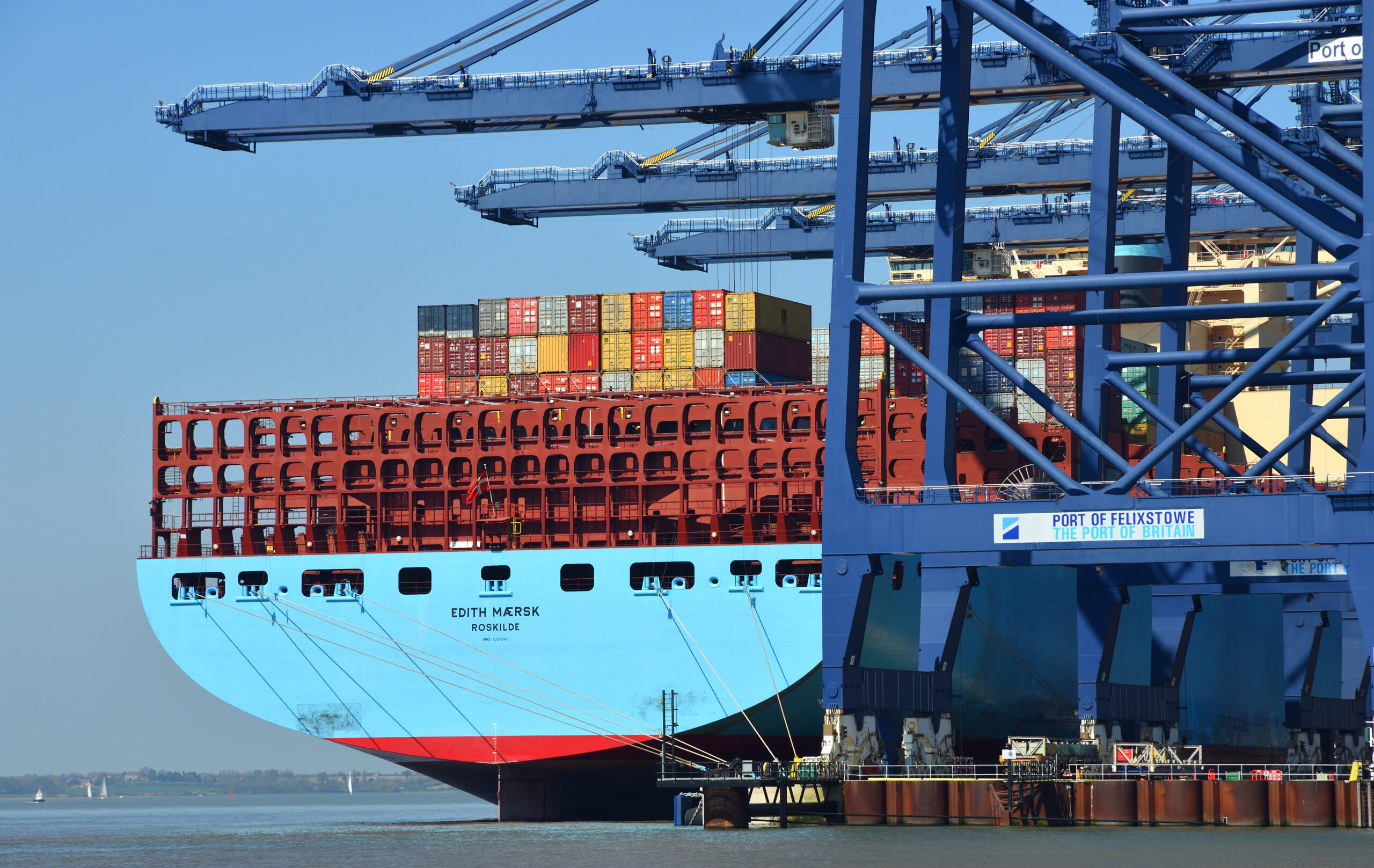Japan’s largest shipping companies, Mitsui O.S.K. Lines (MOL) and Nippon Yusen Kaisha (NYK), have launched initiatives signalling their increased commitments to carbon insetting and carbon dioxide removal (CDR) as part of their efforts to achieve net-zero emissions.
MOL has launched the Blue Action Net-Zero Alliance, a carbon insetting programme designed to assist shipping companies and non-vessel operating common carriers (NVOCCs) with reducing their Scope 3 emissions.
This initiative builds upon MOL’s decision, taken in February 2024, to issue environmental attributes certificates (EACs) for low-emission voyages using alternative fuels within MOL’s fleet. These certificates are tradable credits that can be exchanged on a platform developed in collaboration with the Dutch startup 123Carbon.
MOL cites EAC transactions with three major NVOCCs as key factors that were integral to the launch of the Blue Action Net Zero Alliance programme: Nippon Express Holdings, C.H. Robinson Worldwide, and MOL Logistics Co., an MOL Group subsidiary.
Operating under a book-and-claim model, EACs offer flexible and enable shipowners and NVOCCs to accurately represent their emissions reductions in sustainability reporting. Revenue generated by EAC sales will be reinvested in the procurement of alternative fuels to expedite the transition away from fossil fuels.
For three consecutive years, MOL’s climate-related disclosures have been ranked as the second best in Japan by the Government Pension Investment Fund (GPIF) in its annual survey of domestic fund managers. MOL was one of five companies to receive an ‘Excellent TCFD (Task Force on Climate-Related Financial Disclosures)’ rating. MOL stated that it ‘will continue to proactively disclose information so that its stakeholder can deepen their understanding of the group’s initiatives on decarbonisation.
NYK has entered into a five-year agreement with MOL to procure domestically issued ‘J-credits’ to strengthen its carbon dioxide removal (CDR) strategy. The carbon offset credits originate from forest management projects in Hokkaido and Akita, which are monitored using satellite data to ensure their environmental integrity.
Both NYK and MOL regard CDR as an tool for offsetting hard-to-abate emissions from shipping operations. Earlier this year, NYK published a position paper outlining its intention to purchase 100,000 tonnes of CO2 equivalent (CO2e) by 2030, reflecting the increasing maturing of CDR credits within maritime carbon finance strategies.
With the benchmark price of forestation J-credits at ¥6,500/mtCO2e ($42.80/mtCO2e) as at February 2025, interest in voluntary carbon markets for offsetting emissions is anticipated to increase. MOL and NYK’s investments in a range of voluntary carbon reduction strategies coincide with the strengthening of compliance carbon markets, as the global greenhouse gas (GHG) pricing mechanism is set to be adopted at the International Maritime Organization’s (IMO) Marine Environmental Protection Committee (MEPC) meeting in April 2025.



